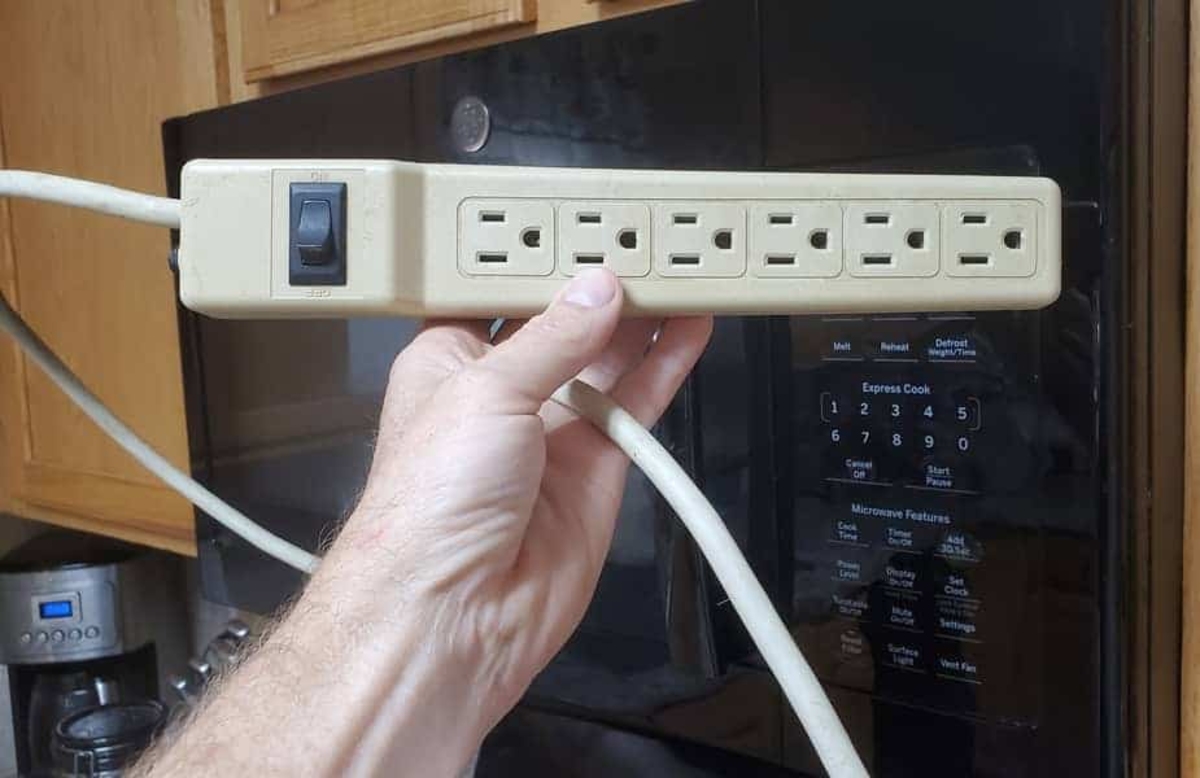

Articles
What Gauge Extension Cord For Microwave
Modified: May 6, 2024
Get all the information you need about the right gauge extension cord for your microwave with our comprehensive articles.
(Many of the links in this article redirect to a specific reviewed product. Your purchase of these products through affiliate links helps to generate commission for Storables.com, at no extra cost. Learn more)
Introduction
Extension cords are a practical solution for providing power to appliances and devices when outlets are not easily accessible. They allow you to conveniently connect your microwave to a power source without having to rearrange your kitchen setup. However, it’s important to choose the right gauge extension cord to ensure safe and efficient operation of your microwave.
In this article, we will explore the factors to consider when selecting an extension cord for your microwave. We will delve into the different gauges available and understand their implications. Additionally, we will discuss the power requirements of a microwave and the potential safety considerations associated with using extension cords.
By the end of this article, you will have a clear understanding of which gauge extension cord is suitable for your microwave and how to ensure the safe usage of both your microwave and extension cord.
Key Takeaways:
- Choose the right gauge extension cord for your microwave based on its wattage and distance from the power source to ensure safe and efficient operation, preventing overheating and potential hazards.
- Prioritize safety when using extension cords with microwaves by avoiding overloading, inspecting for damage, and following guidelines to protect appliances and prevent electrical accidents.
Read more: What Gauge Is An Extension Cord
Understanding Extension Cord Gauges
Extension cord gauges refer to the thickness and conductivity of the wire inside the cord. They are measured using the American Wire Gauge (AWG) system, where smaller numbers indicate thicker wire. The gauge of an extension cord determines its maximum current-carrying capacity, which is crucial for ensuring the safe and efficient operation of your appliances.
Common extension cord gauges range from 16 AWG to 10 AWG, with 16 AWG being the thinnest and 10 AWG being the thickest. Thinner cords have a higher gauge number and are suitable for low-power devices such as lamps or phone chargers. On the other hand, thicker cords with lower gauge numbers can handle more demanding electrical loads.
It’s important to note that as the distance between the power source and the appliance increases, the gauge of the extension cord should decrease to compensate for voltage drop. Using a thicker gauge cord over longer distances reduces the resistance and minimizes the loss of voltage. This ensures that your appliances receive the required amount of electricity to function optimally.
When it comes to selecting an extension cord for your microwave, you should consider the wattage of the appliance and the length of the cord you require. Microwaves typically have higher wattage requirements compared to other household devices. Therefore, it’s essential to choose a gauge that can handle the power demands of your microwave without overheating or causing any electrical hazards.
Now that we have covered the basics of extension cord gauges, let’s delve into the power requirements of a microwave in the next section.
Power Requirements of a Microwave
Microwaves are common kitchen appliances that make cooking and reheating food more convenient. They generate heat through electromagnetic waves, which require a significant amount of electrical power. Understanding the power requirements of your microwave is crucial for choosing the appropriate extension cord gauge.
The power consumption of a microwave is measured in watts. Most household microwaves have a power range of 600 to 1200 watts, although some larger models may consume even more. Higher wattage microwaves can quickly heat food and cook meals faster, but they also require a stronger power source.
When selecting an extension cord for your microwave, it’s important to consider the wattage of your appliance. The extension cord’s gauge determines how much power it can safely deliver. Using a gauge that cannot handle the wattage of your microwave may cause the wire to overheat, potentially resulting in a fire hazard.
For microwaves with wattages up to 1000 watts, a 16 AWG extension cord is typically sufficient. This gauge can safely carry currents of up to 13 amps, which is suitable for most standard microwaves. However, if your microwave has a higher wattage or is placed further away from the outlet, you may need to consider a thicker gauge extension cord.
For microwaves with wattages exceeding 1000 watts, it is recommended to use a 14 AWG extension cord. This gauge is thicker and can handle higher currents, ensuring safe and efficient power delivery to your microwave.
Keep in mind that using an extension cord that is too thin for your microwave’s power requirements can cause the cord to gradually degrade and overheat. This not only poses a risk to your appliance but also increases the chances of electrical accidents.
Now that we understand the power requirements of a microwave, let’s move on to the next section to explore how to choose the right gauge for your microwave and extension cord.
Use a 14-gauge extension cord for a microwave, as it can handle the high power load without overheating. Avoid using a lower gauge cord to prevent safety hazards.
Choosing the Right Gauge for Your Microwave
Choosing the right gauge for your microwave is crucial for ensuring the safe and efficient operation of both your appliance and the extension cord. By selecting the appropriate gauge, you can prevent overheating, voltage drop, and potential safety hazards.
Here are some steps to help you choose the right gauge for your microwave:
- Determine the wattage of your microwave: Refer to the user manual or the label on the appliance to find the wattage. This information is essential for selecting the appropriate gauge.
- Consider the distance between the appliance and the power source: The longer the cord required, the thicker the gauge you will need to compensate for potential voltage drop.
- Consult the AWG table: Refer to the American Wire Gauge (AWG) table to determine the suitable gauge for your microwave’s wattage and distance. As a general guideline, 16 AWG is suitable for microwaves up to 1000 watts, while 14 AWG is recommended for higher wattages or longer distances.
- Choose a quality extension cord: Look for extension cords that are specifically designed for heavy-duty use and have features such as insulation, firm connectors, and durability. This ensures the longevity and safety of your cord.
Keep in mind that it’s always better to use a thicker gauge extension cord than to risk using one that is too thin for your microwave’s power requirements. Thicker cords can handle higher currents without overheating, and they also minimize voltage drop, ensuring optimal power delivery to your appliance.
If you have doubts about which gauge to choose for your microwave, it’s advisable to consult an electrician or a knowledgeable professional who can provide guidance based on your specific needs and circumstances.
Now that we’ve covered how to choose the right gauge for your microwave, let’s explore some safety considerations when using extension cords and microwaves in the next section.
Safety Considerations for Extension Cords and Microwaves
When using extension cords with microwaves, it is important to prioritize safety to prevent electrical hazards and ensure the proper functioning of your appliances. Here are some key safety considerations to keep in mind:
- Never overload the extension cord: Do not connect multiple high-power appliances to a single extension cord. Overloading the cord can cause it to overheat and potentially start a fire. Make sure the wattage of your microwave is within the capacity of the extension cord.
- Inspect the extension cord for damage: Regularly check the extension cord for any signs of wear or damage, such as frayed wires or exposed conductors. If you notice any damage, refrain from using the cord and replace it with a new one to prevent electrical accidents.
- Avoid using extension cords as a permanent solution: Extension cords are designed for temporary use. It is best to have a dedicated outlet installed near your microwave to ensure a safe and reliable power source. However, if using an extension cord is necessary, make sure to unplug it when not in use.
- Keep cords away from moisture and heat sources: Avoid placing extension cords near water sources or heat-emitting appliances. Moisture can lead to short circuits, and heat sources can increase the risk of cord overheating. Position your cords in a safe and dry location.
- Do not run extension cords under carpets or rugs: Placing cords under carpets or rugs can cause them to overheat due to restricted air circulation. This can pose a fire hazard. Opt for cord covers or cable channels to safely route cords along walls or baseboards.
- Do not modify or tamper with the extension cord: Altering the cord’s length or removing its grounding prong can compromise safety. Always use extension cords as designed and follow the manufacturer’s instructions.
- Regularly inspect the microwave’s power cord: Ensure that the power cord of your microwave is in good condition. Check for any signs of damage, including cracks, exposed wires, or loose connections. If the cord is damaged, contact a professional to repair or replace it.
Adhering to these safety considerations will help prevent electrical accidents, ensure the longevity of your appliances, and provide peace of mind when using extension cords with microwaves.
Now that we have covered the safety aspects, let’s conclude the article in the next section.
Read more: How To Tell What Gauge An Extension Cord Is
Conclusion
Choosing the right gauge extension cord for your microwave is essential for both the safety and efficient operation of your appliance. By understanding extension cord gauges and the power requirements of your microwave, you can make an informed decision that will ensure optimal performance.
Remember, the gauge of an extension cord determines its maximum current-carrying capacity. Thinner cords with higher gauge numbers are suitable for low-power devices, while thicker cords with lower gauge numbers can handle higher power demands. For microwaves, consider the wattage of your appliance and the distance between the power source and the microwave to determine the appropriate gauge.
Safety is paramount when using extension cords and microwaves. Avoid overloading the cord, inspect it regularly for damage, and refrain from using extension cords as a permanent solution. Keep cords away from moisture and heat sources, and never run them under carpets or rugs. Additionally, ensure the power cord of your microwave is in good condition and free from any damage.
By following these guidelines and considering the safety precautions, you can use extension cords with your microwave confidently and without worry. Prioritizing safety and using the right gauge extension cord will help protect your appliances and prevent electrical hazards.
When in doubt, consult an electrician or a knowledgeable professional who can provide further guidance based on your specific circumstances.
With the right gauge extension cord, you can enjoy the convenience of your microwave while maintaining a safe and efficient kitchen setup.
Ready to tackle another DIY project? If you've mastered the basics of choosing extension cords, why not expand your skills with some electrical work? Our next guide covers running overhead electrical wire to your garage. Perfect for those looking to power up their workspace or light up storage areas without cluttering the floor with cables. Let's get those hands busy with another useful skill!
Frequently Asked Questions about What Gauge Extension Cord For Microwave
Was this page helpful?
At Storables.com, we guarantee accurate and reliable information. Our content, validated by Expert Board Contributors, is crafted following stringent Editorial Policies. We're committed to providing you with well-researched, expert-backed insights for all your informational needs.

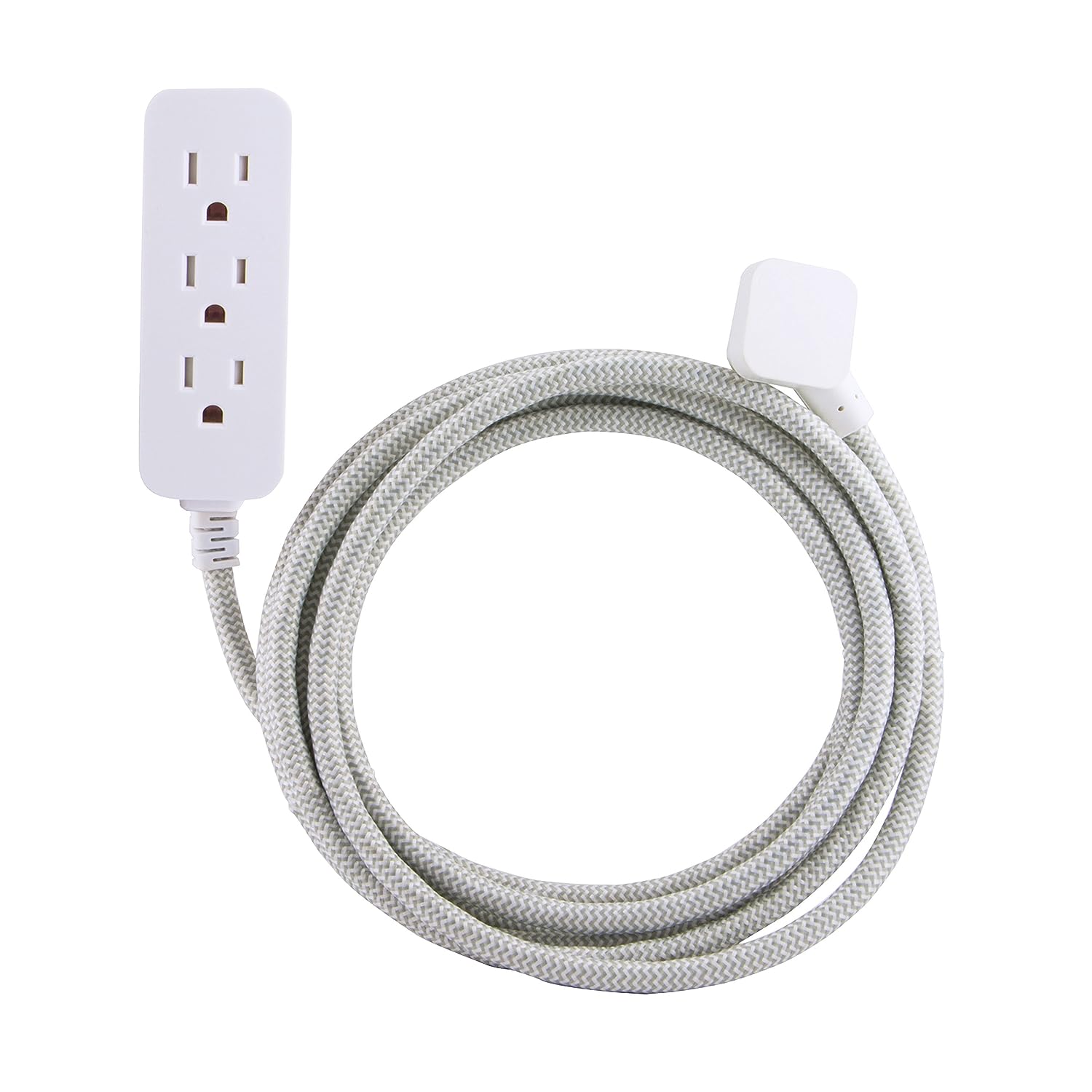
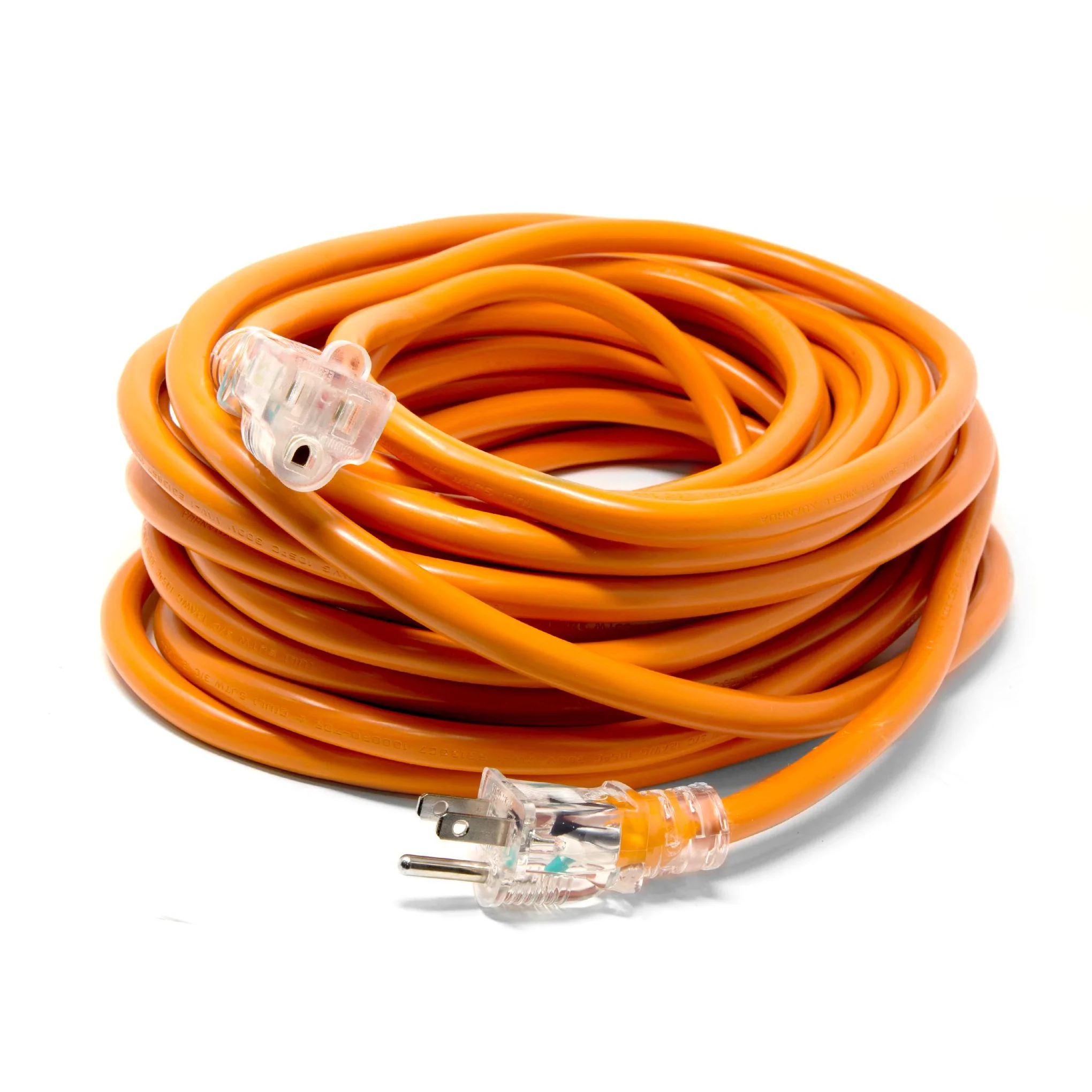
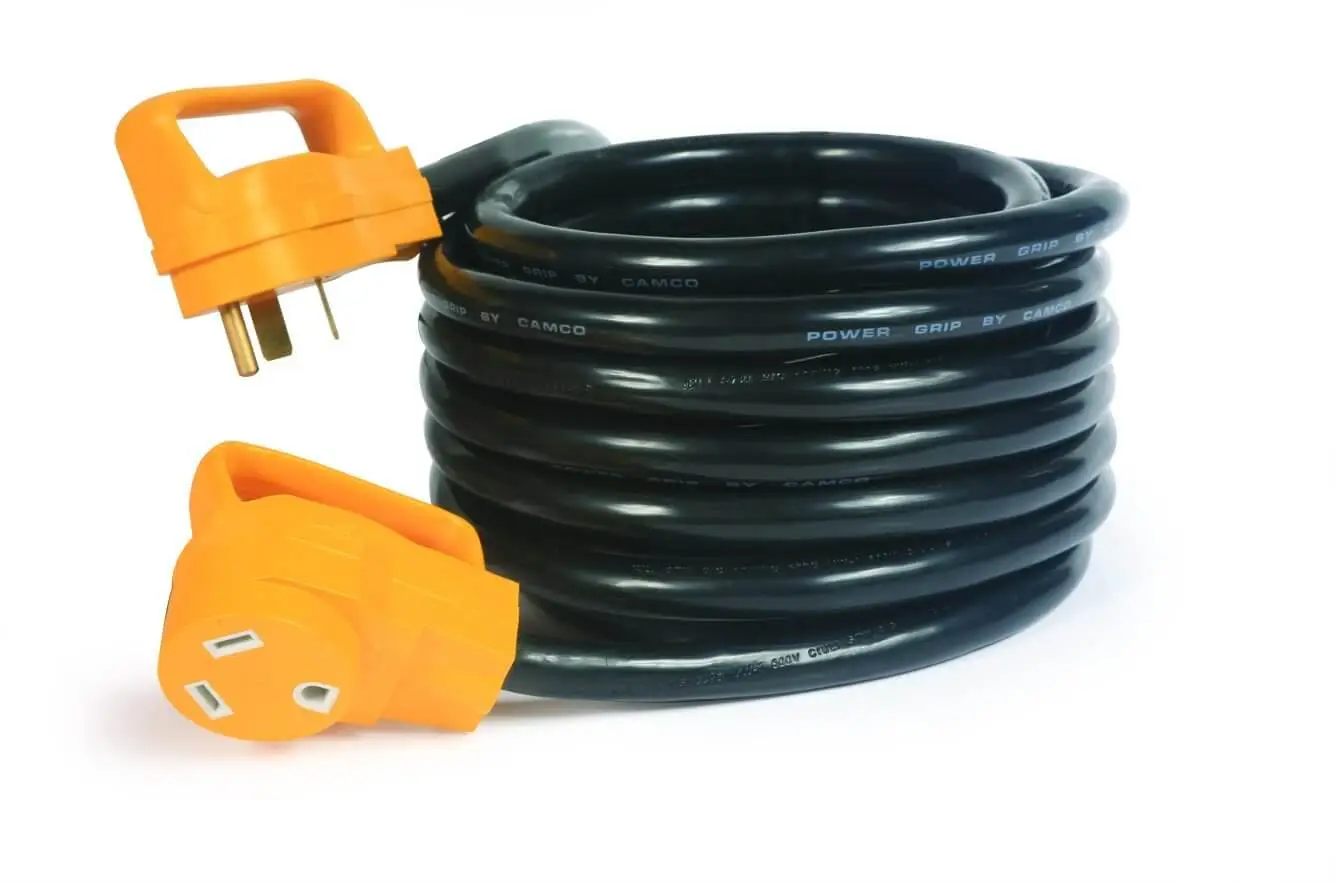
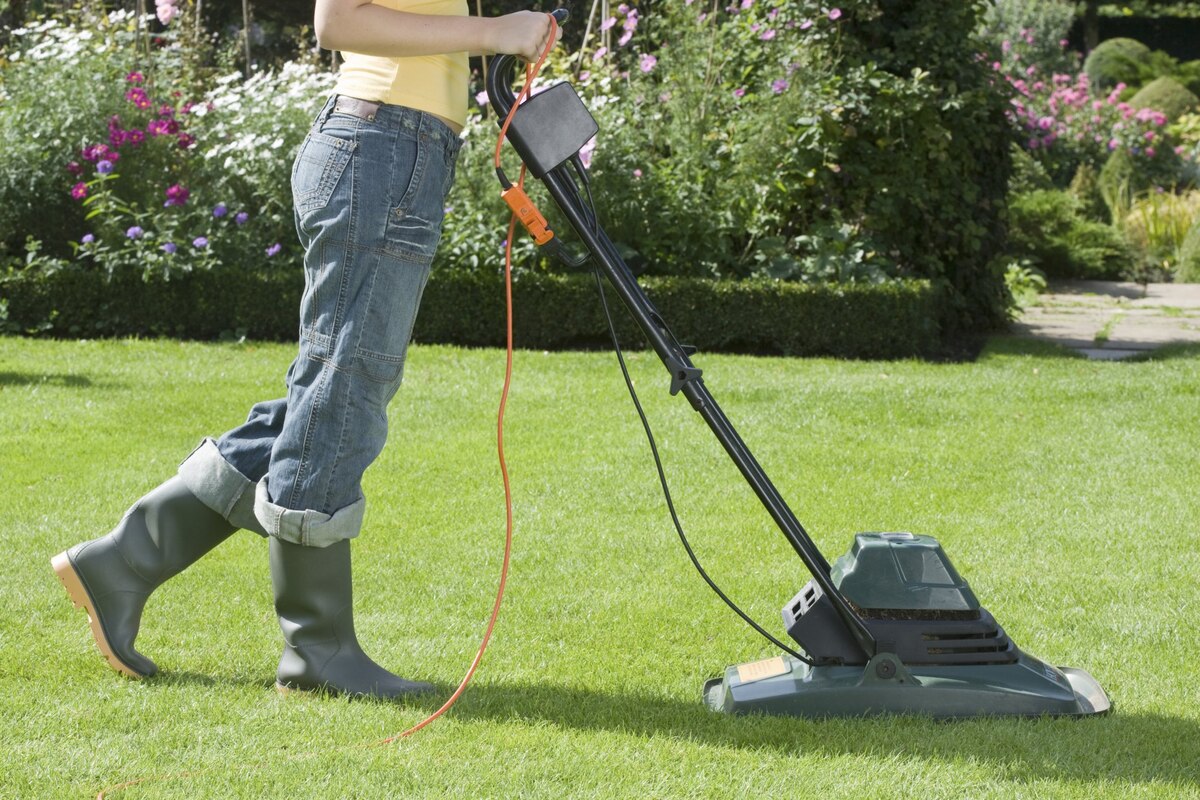
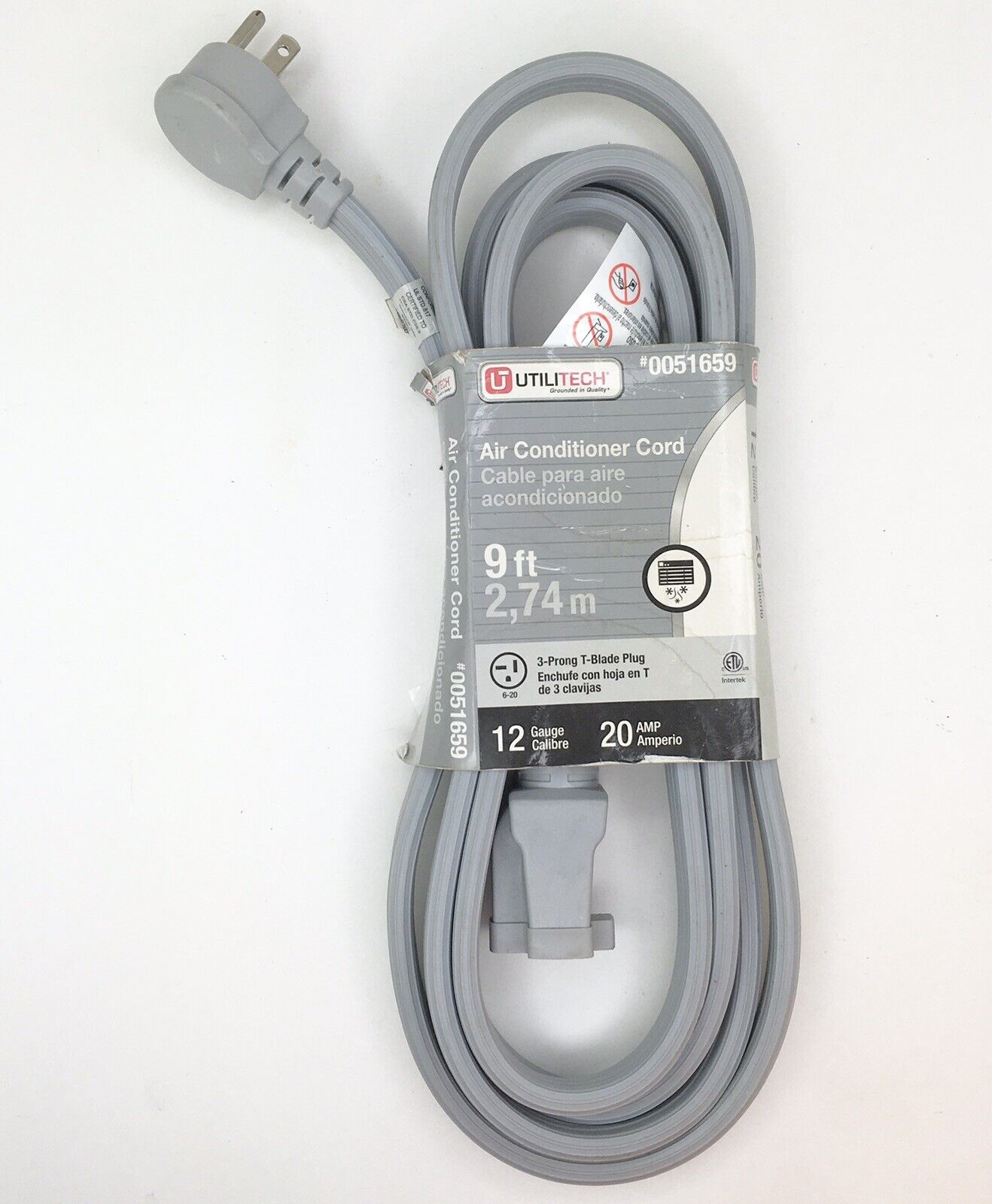
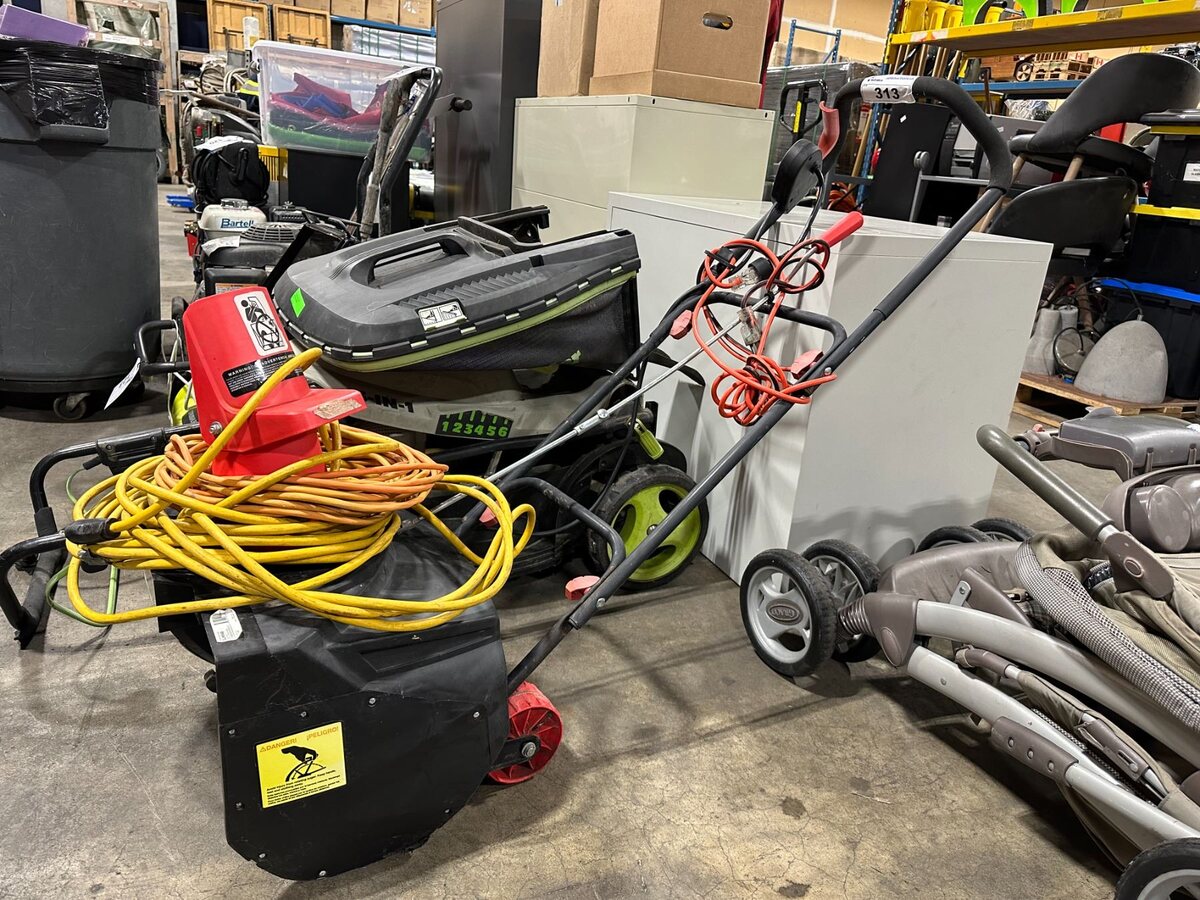
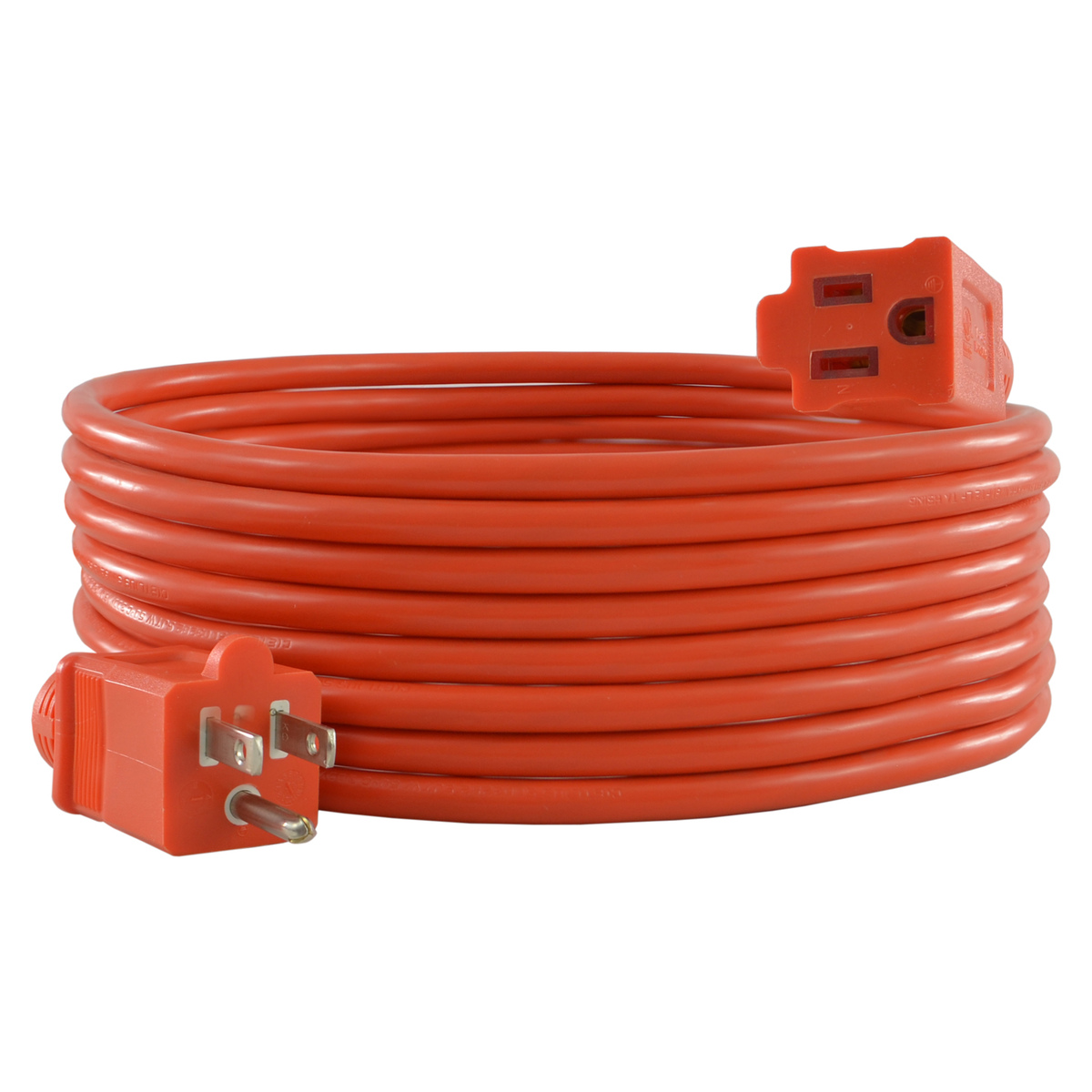
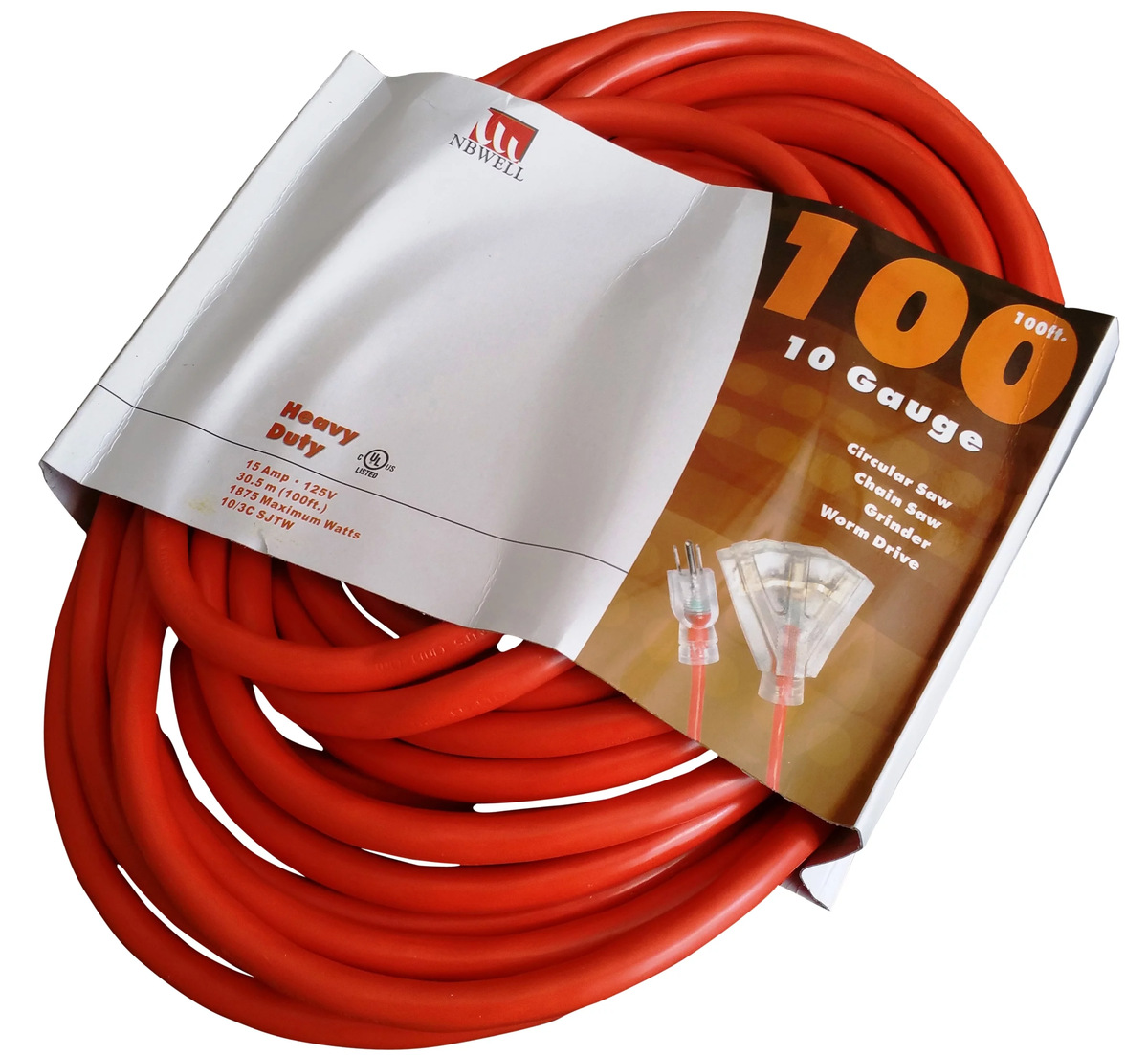
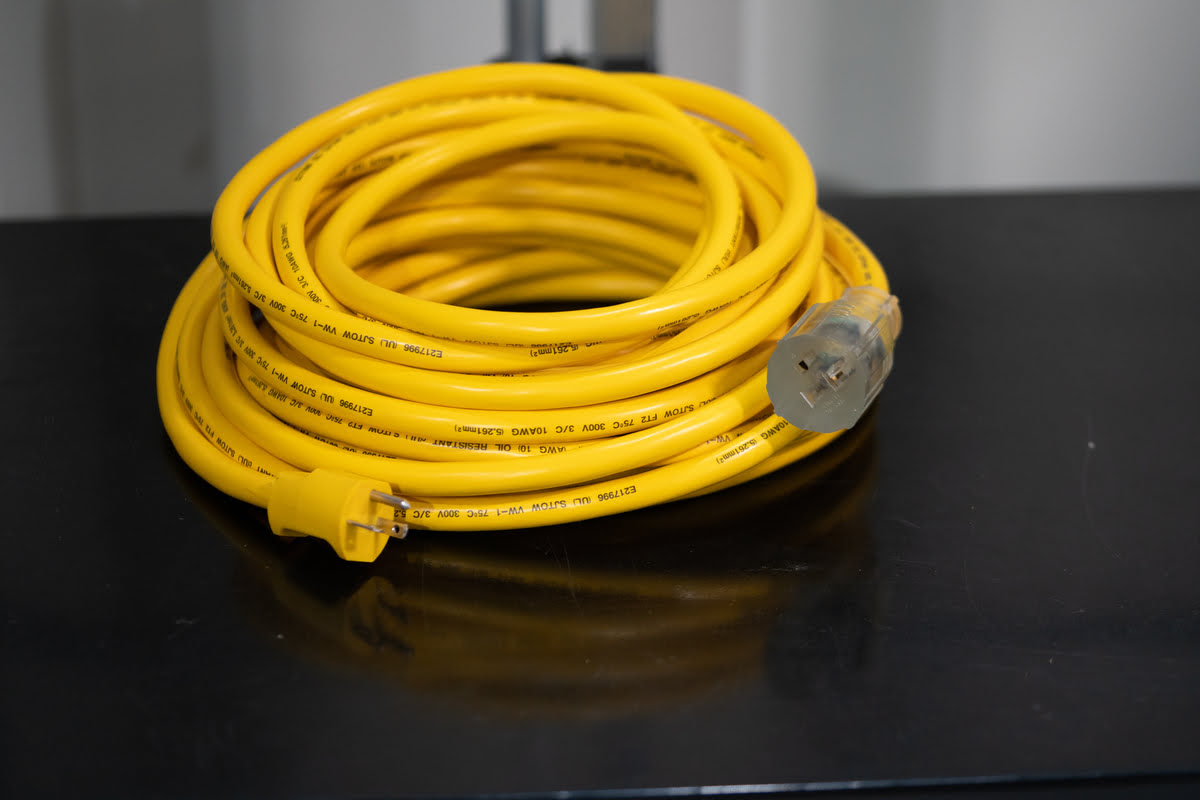
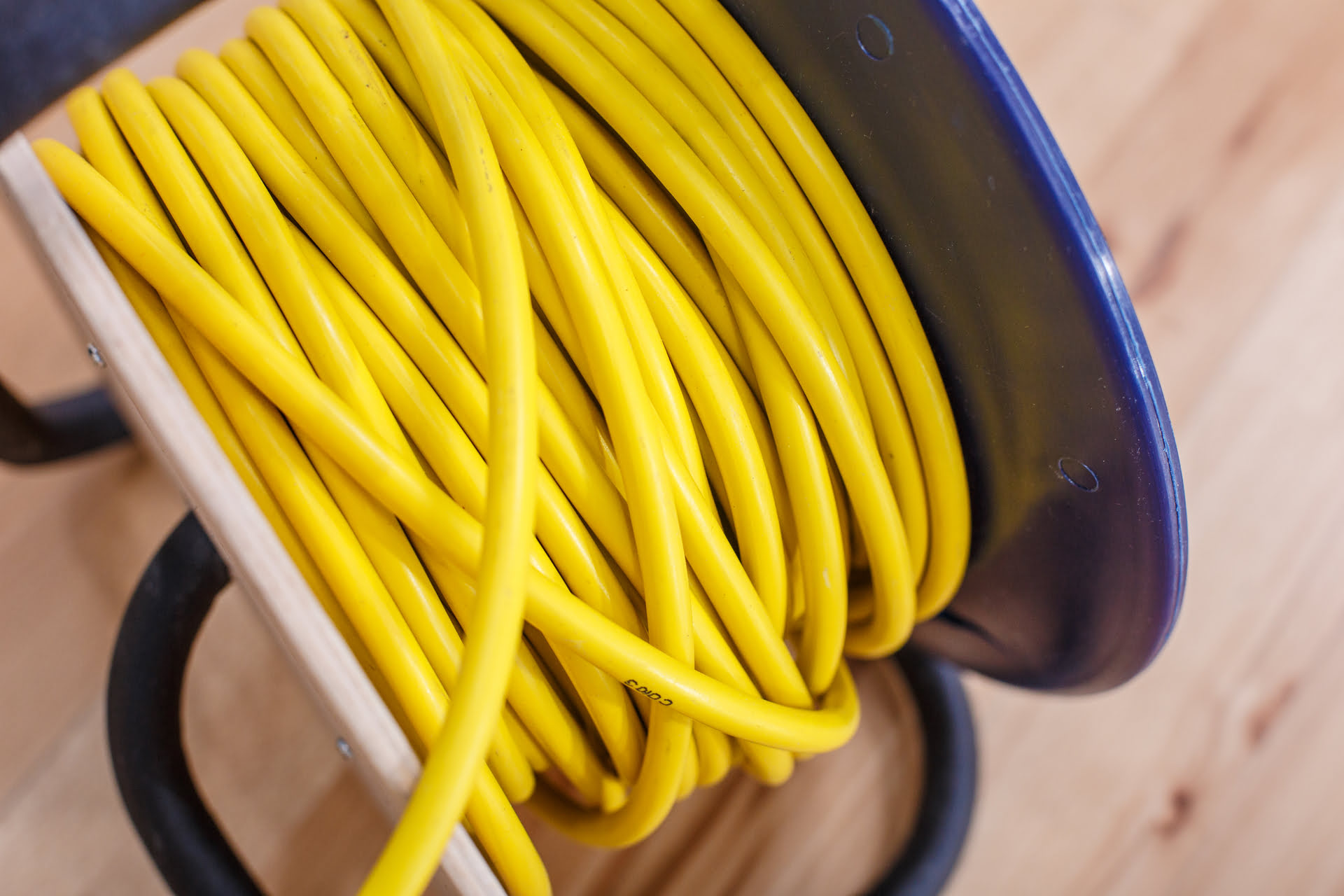
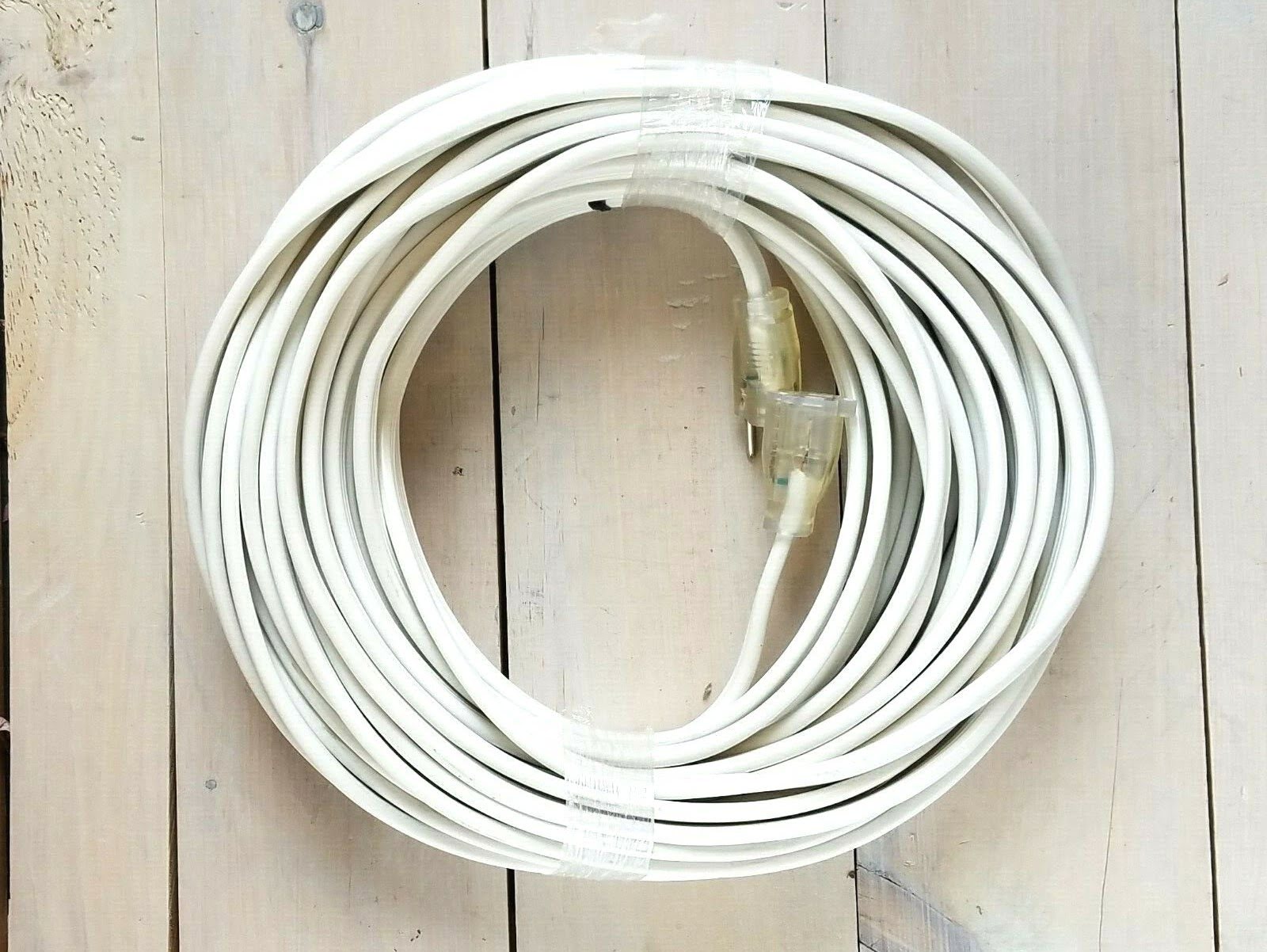
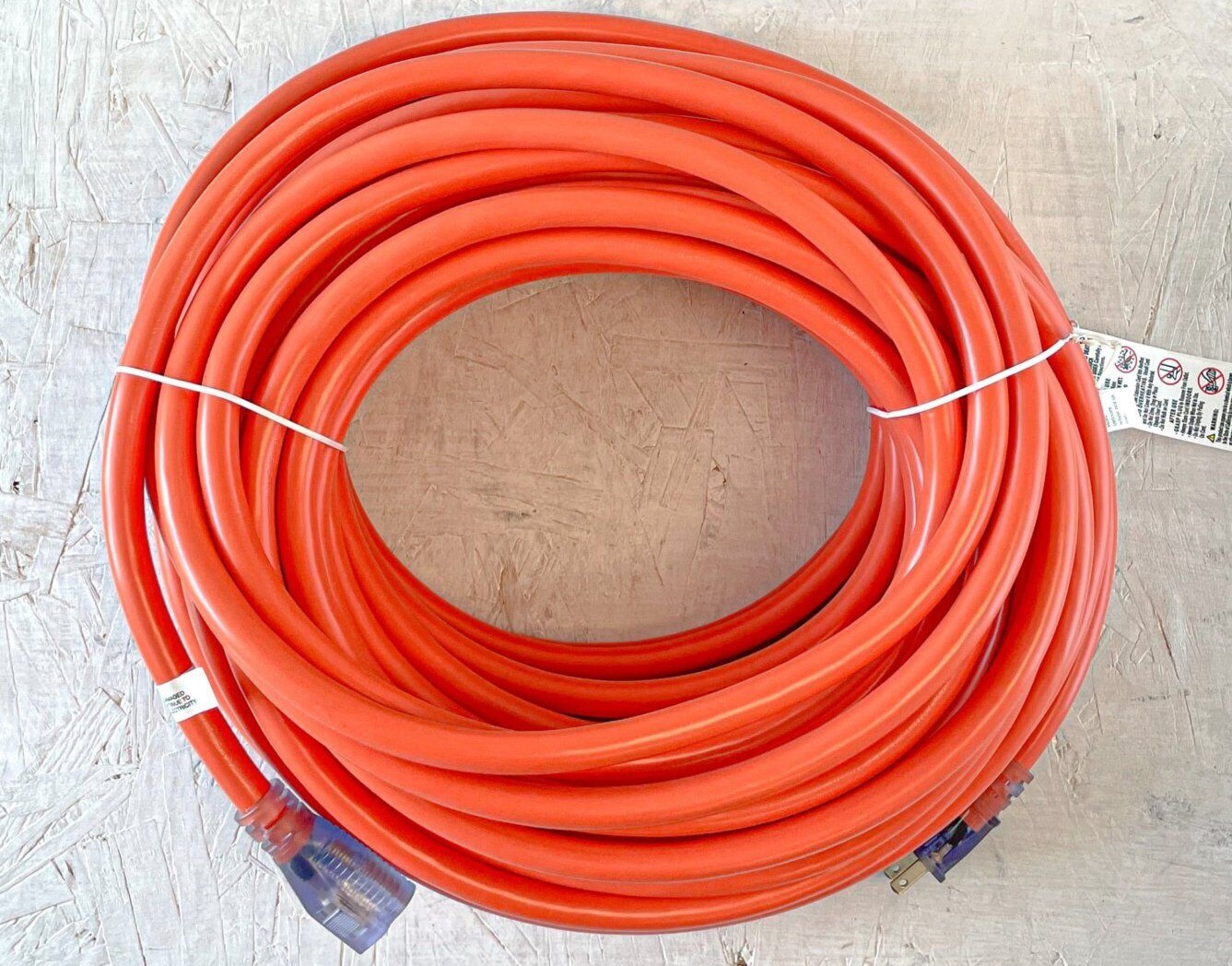
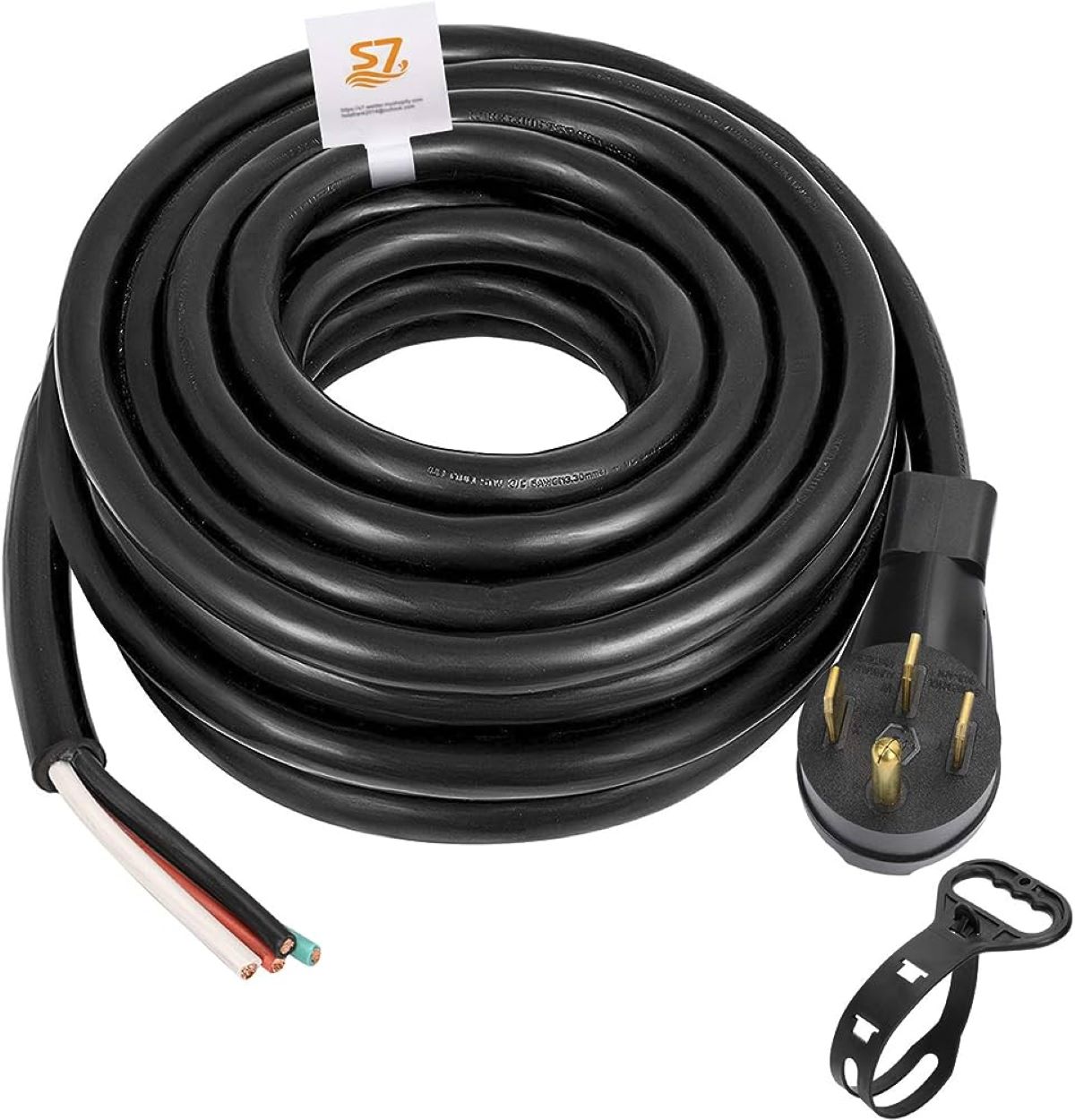

0 thoughts on “What Gauge Extension Cord For Microwave”